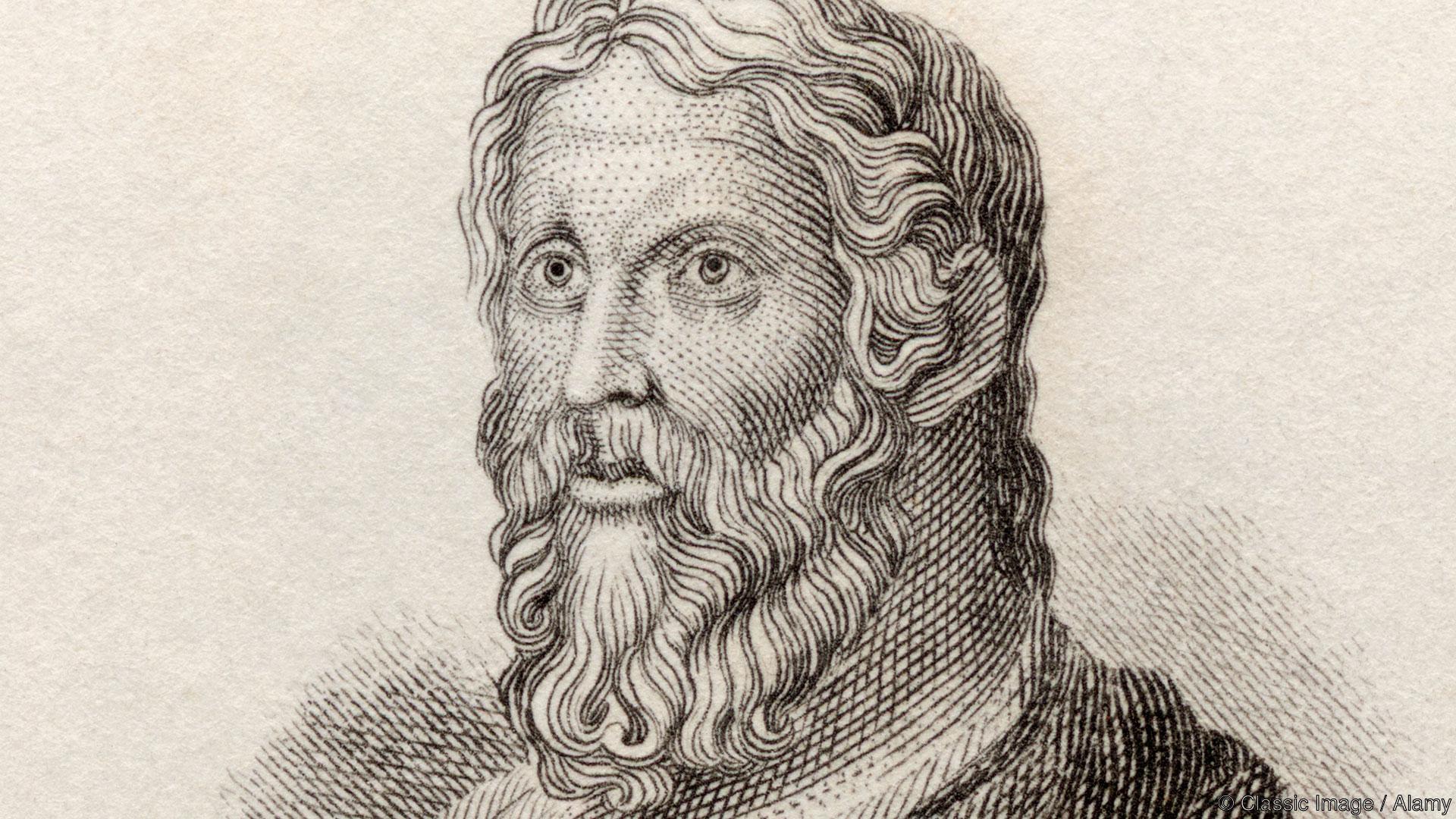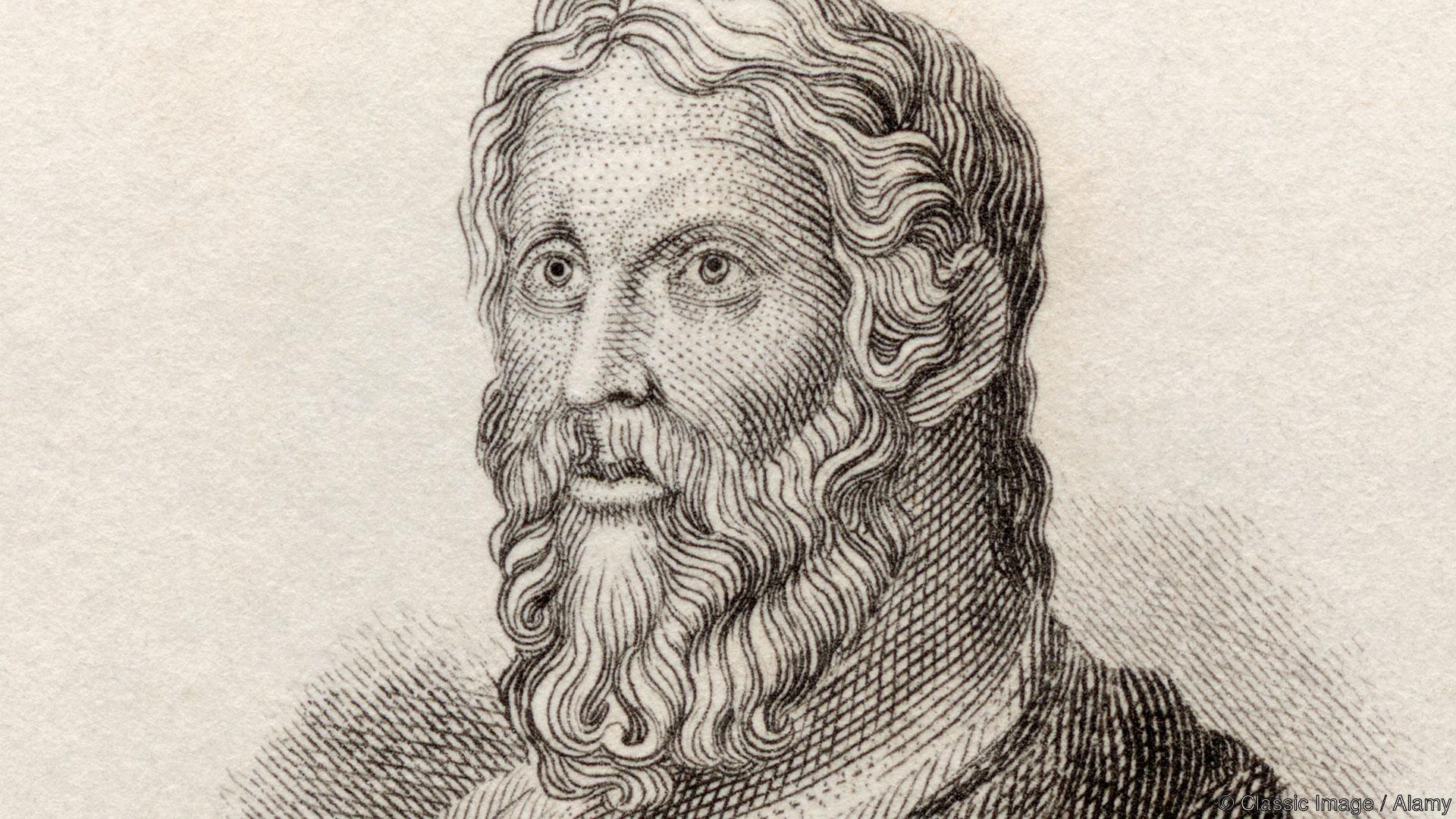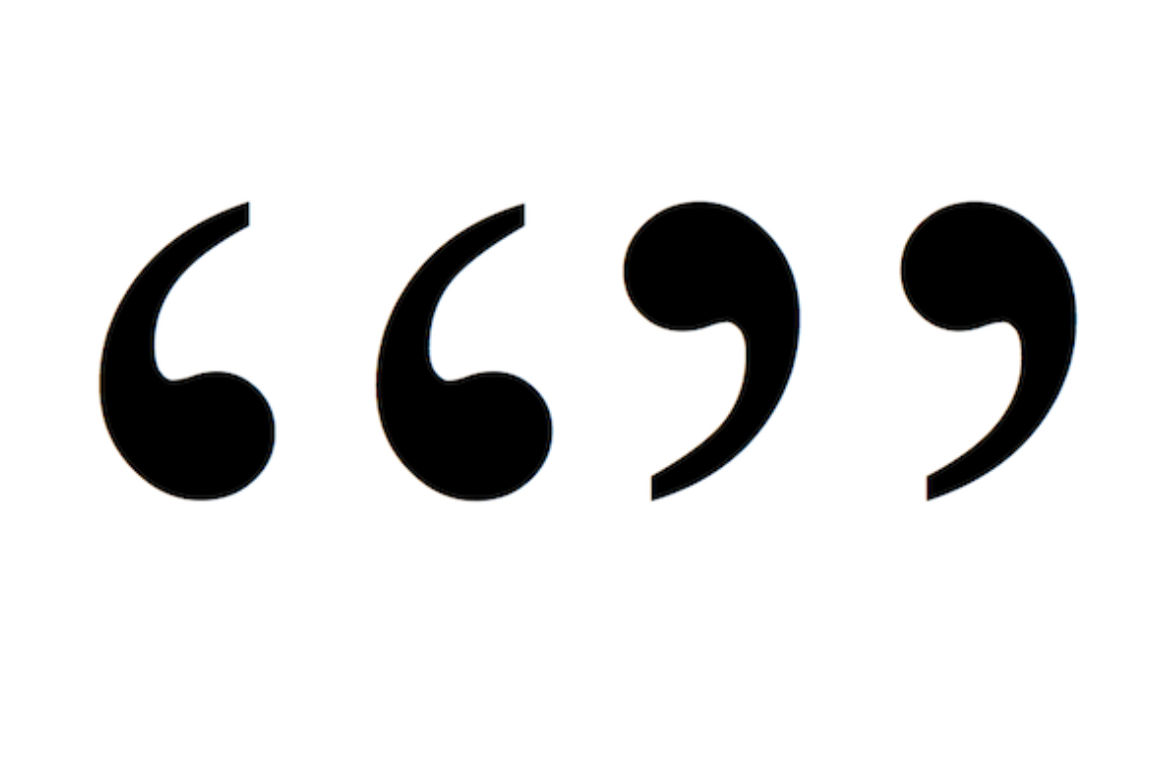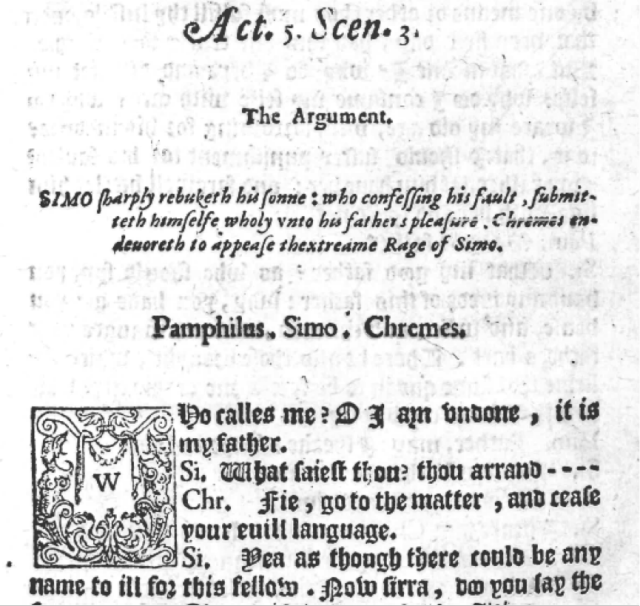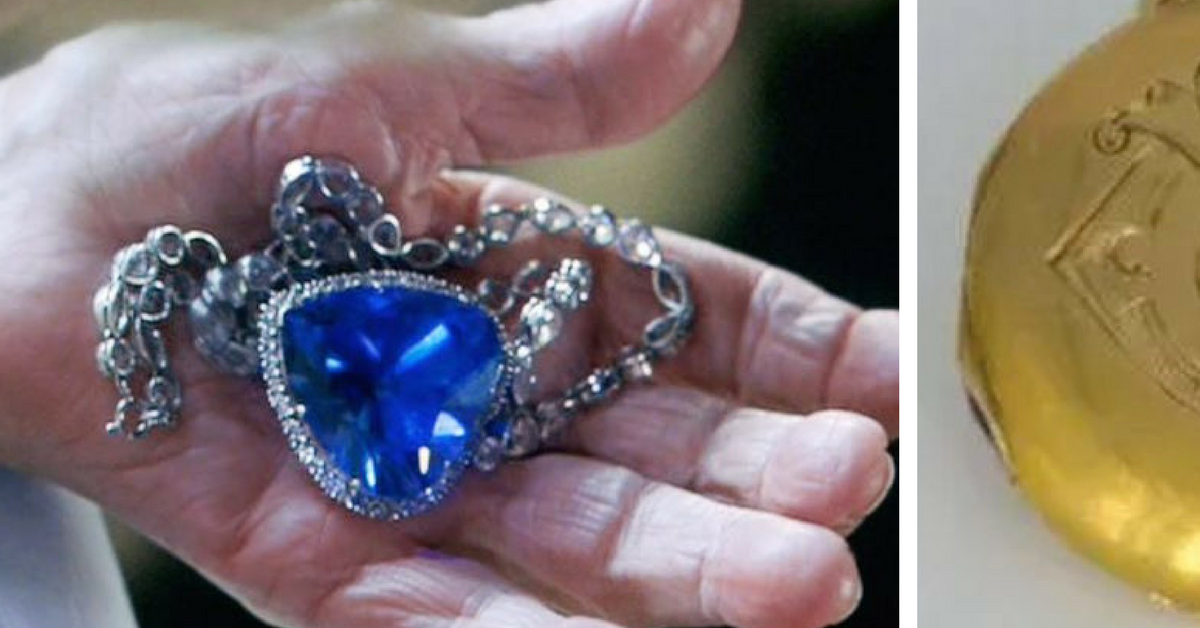It's something we probably don't notice from our day to day routine, and with an average of 140 characters used to express ideas, it is often overlooked; make no mistake though, punctuation matters! But where do these strange symbols come from?
Here's a timeline for the curious readers out there!
Commas, Colons, Periods; Oh My.
In Ancient Greece, people had a tendency to write sentences with no spaces whichgotannoyingreallyfast. So a librarian named Aristophanes decided he would introduce symbols to help space apart the words and make it easier to read.
Instead of the symbols as we know them today, the comma, colon, and period were a series of dots placed low to high to indicate the length of a pause if the words were spoken.
"Quotation Marks Were Our Idea" - Christians
As reading and writing became more common throughout religious circles, different interpreters wanted to reference each other within their texts without confusing who actually said what.
Christian scholars found a way around this by enclosing something called a diple "< >" around the text that was not their own. Eventually, these would be revised into the double-upside-down-commas, likely to save space on the page. You can quote me on that.
But wait! There's more? Let's find out...
While we have focused more on the grammatical usage of punctuation, many that people recognize and use today are typically for adding vocal changes. Here are a few of my favorites!
Exclamation Points!!!
Not all scholars can agree on the exact beginning of the exclamation point, however they believe that it originated in Ancient Rome. The Latin word io was an "exclamation of joy" and to save space on a page would sometimes be written vertically, eventually confined into the present-day "!".
What About Question Marks?
Another example of Latin transference, early philosophers would finish a sentence that proposes some sort of query with the word questio. As above, the word could be stacked in orer to make room for more queries, to be shortened to "q-o" and eventually just the dotted bottom of "?".
And Finally, Ellipses...
It wasn't until the late 1500's that a researcher in England found an old Roman manuscript which used hyphens instead of dots to point out where text would be "missing". These came to be used in dramas and novels to mark hesitations in dialogue and likely combined with Aristophanes' periods to create the now infamous "...".
